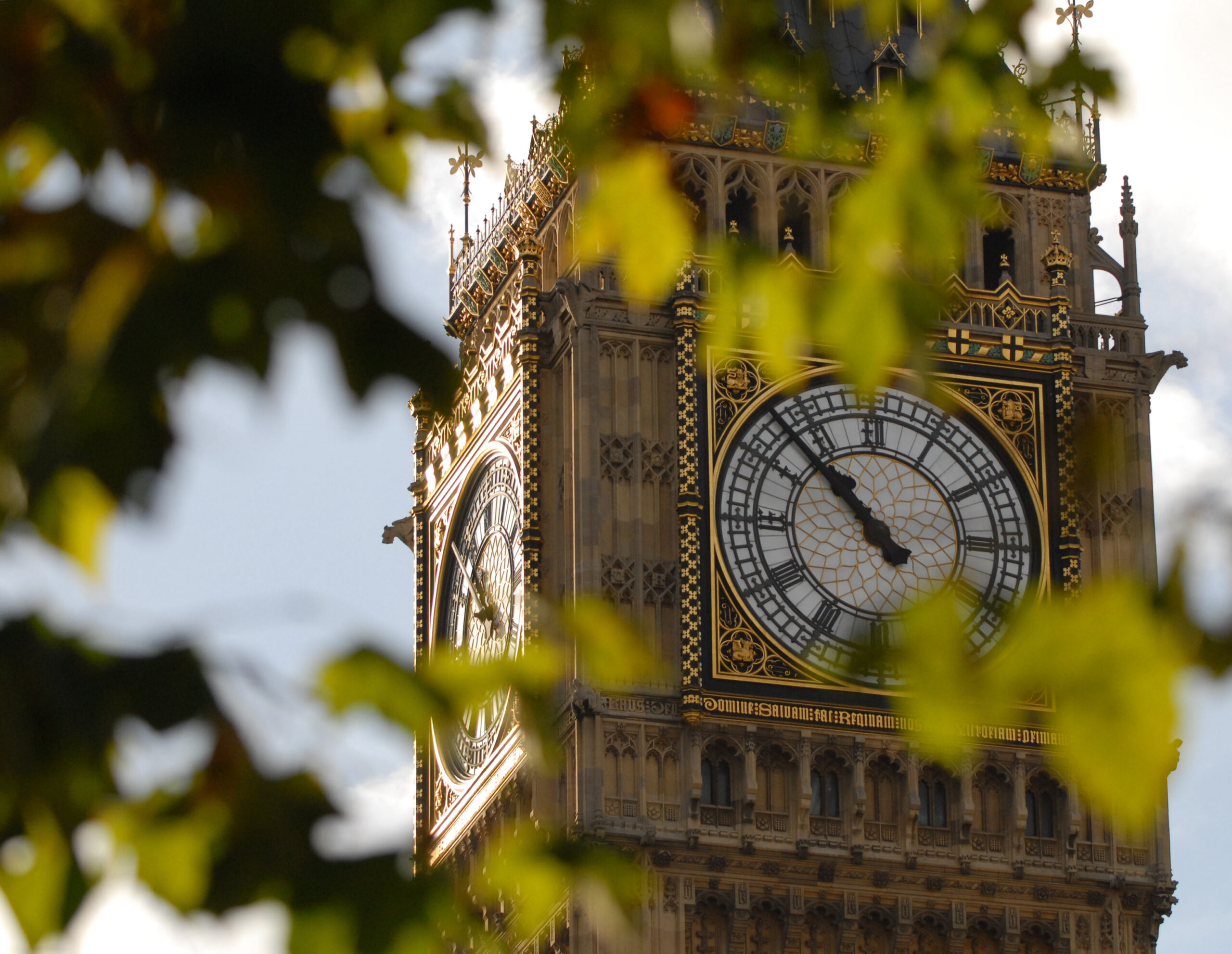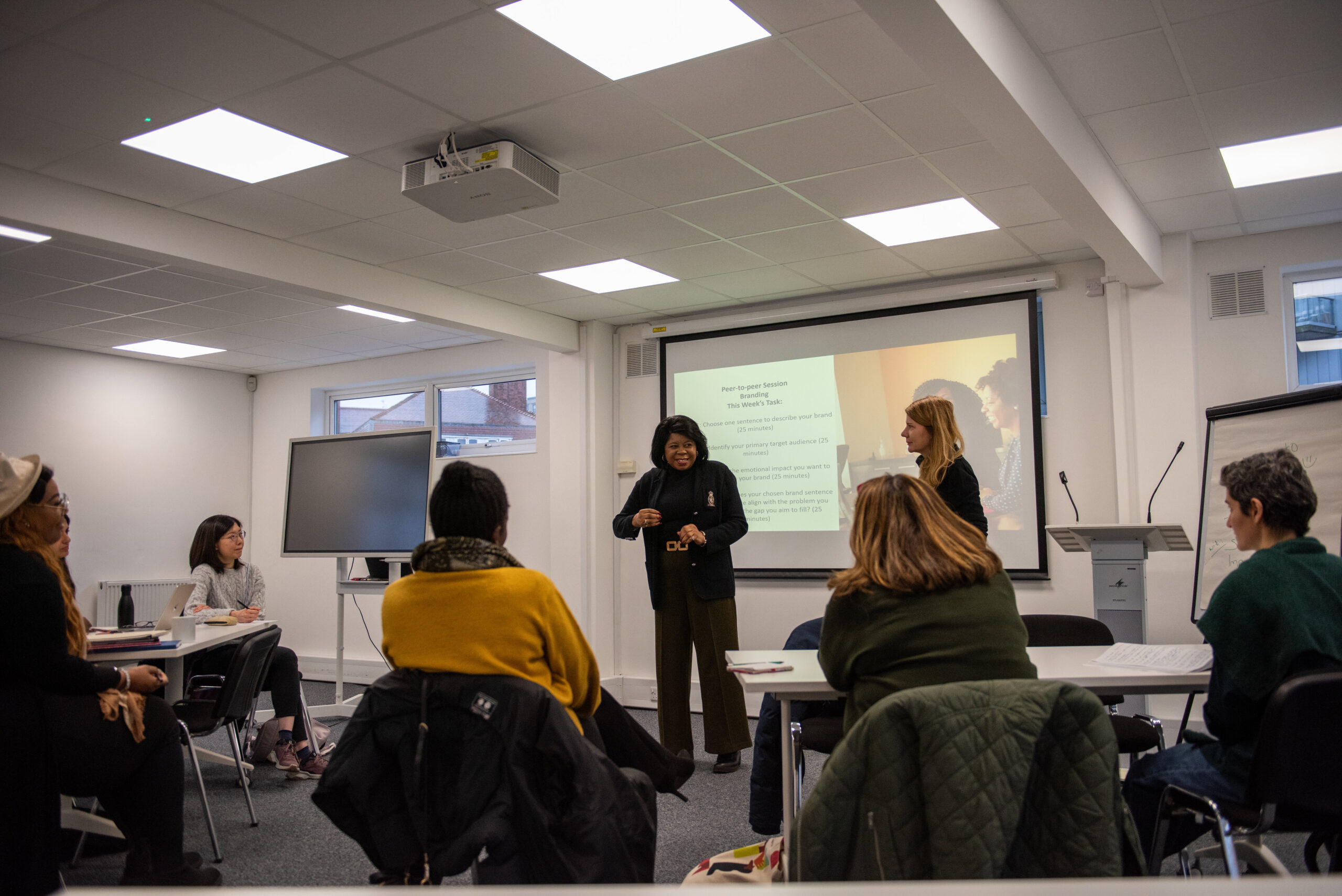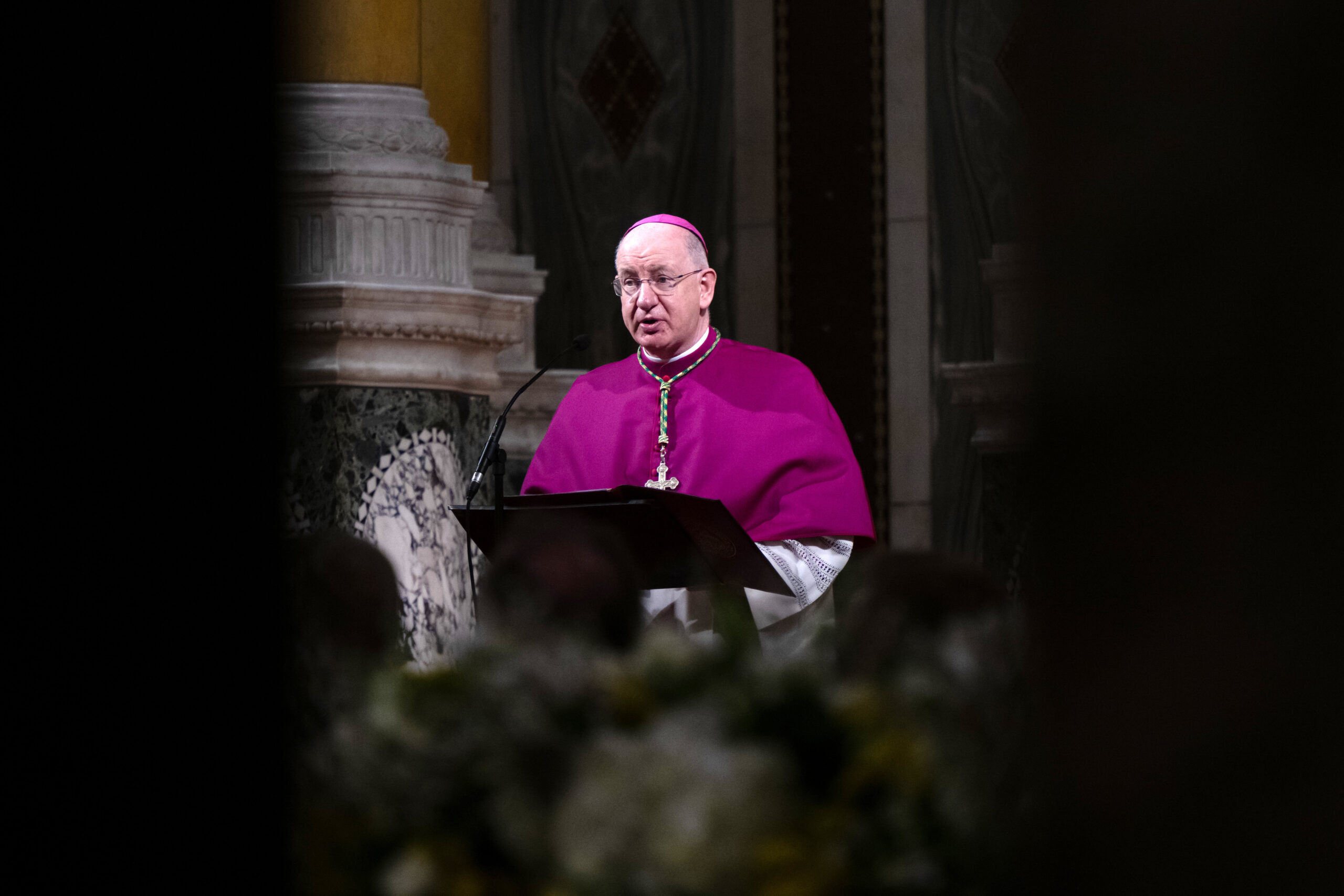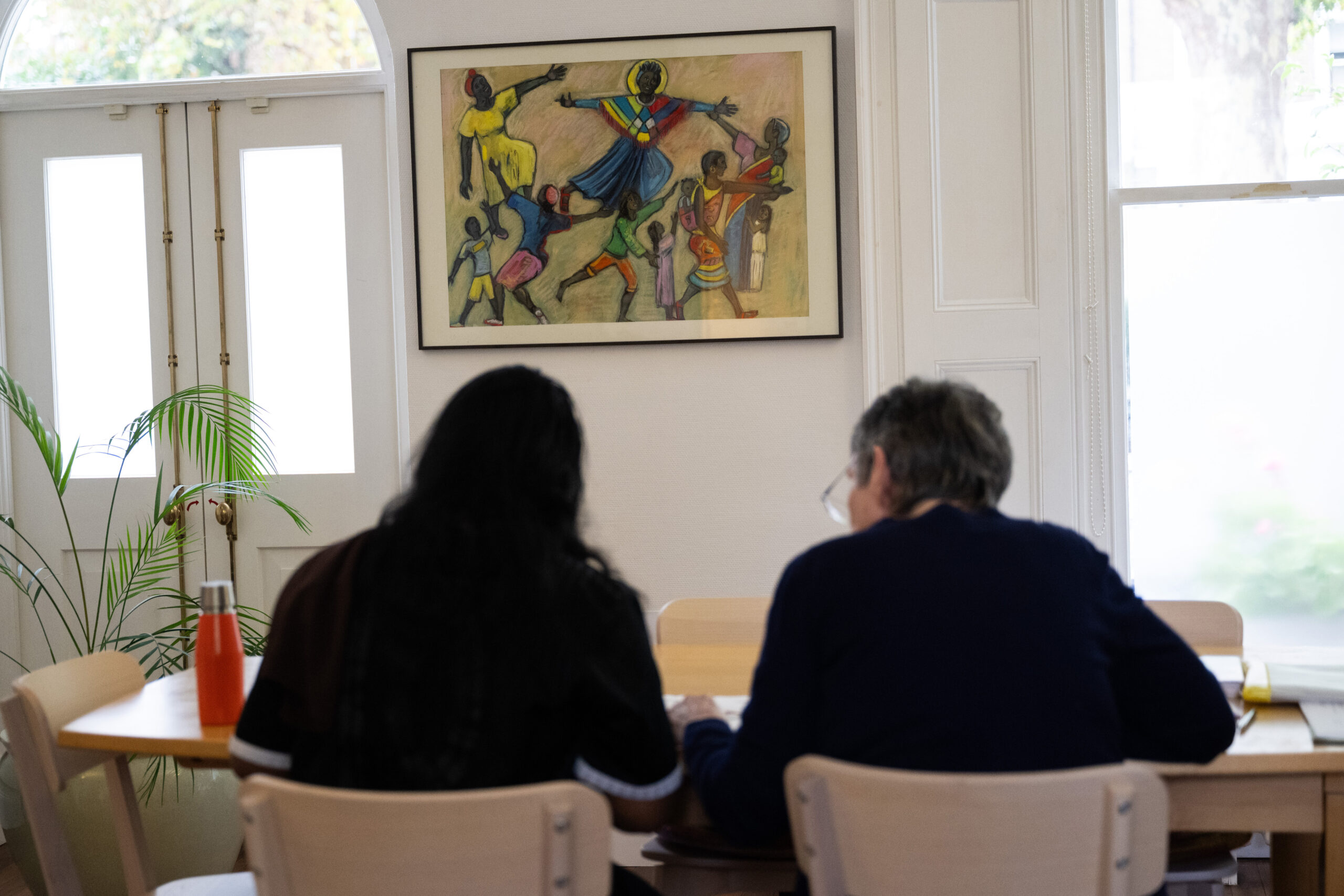By Dr Majlinda Gjoni Thompson
On Friday, 13th June 2025, I attended the House of Commons debate on the proposed Assisted Dying Bill, having been invited by Dr Rupa Huq MP (Ealing Central and Acton). I went not only as a medical doctor, but as a Catholic, a mother, and an advocate for the people with whom I work: the students of Caritas St Joseph’s Pastoral Centre, people with disabilities, the elderly, the lonely and the afraid.
The experience was deeply moving and, at times, chilling. I sat amongst a small number of people who had been invited to witness the debate in person, concerned citizens, watching on as the nation’s lawmakers discussed whether to legalise the intentional ending of human life. What was presented as a compassionate choice is, in truth, a grave and dangerous departure from the duty to protect life, especially when it is most vulnerable.
“Bad laws are the worst sort of tyranny.”
As Sir John Hayes MP reminded Parliament, quoting Edmund Burke: “Bad laws are the worst sort of tyranny.”
Sir John continued: “This important matter has not been given proper scrutiny. It has been shoehorned into a process ill-fitted for its purpose.”
His words struck a chord. This Bill, hastily introduced, lacks the necessary depth of ethical, legal, and medical reflection. Life and death decisions cannot be rushed through Parliament without proper scrutiny, transparency, and consideration of long-term consequences.
As a doctor, I was particularly moved by the speech of Dr. Caroline Johnson MP, who raised the fundamental question of how assisted suicide would work in practice:
“There is more than one way to kill people. Which would be the best drug, if that is what we wished to do? Which would be the most comfortable, and how do we know?”
Medicine should never be used to kill: the trust between patient and doctor is sacred. Turning healers into agents of death will not only destroy that trust, but distort the very purpose of medicine.
Dr Rupa Huq MP spoke bravely of a reality many prefer not to see: “You can just imagine relatives in a housing crisis wanting to speed up grandad’s probate to get a foot on the ladder; or granny convincing themselves that they’d be better off out of the way given the cost of care.”
It is naïve to believe that all end-of-life decisions will be made freely and without pressure. Vulnerable people—especially the elderly, people with disabilities or those facing loneliness and poverty—could be subtly or overtly coerced into seeing death as a “duty.”
“This Bill will harm far more people than it will help”
Rebecca Paul MP, stated that “This Bill will harm far more people than it will help” and her words capture the heart of this issue. This is not just about individual freedom. It’s about the kind of society we are building. One where some lives are seen as “less worth living,” and where killing can be legally sanctioned under the label of “care.”
Blair McDougall MP added: “Will the poorest and most vulnerable be coerced into choosing assisted dying over palliative care because of economic disadvantage? Will their death become a commodity?”
These questions must not be ignored. When a society begins to measure life by cost or convenience, we all become disposable.
True compassion does not eliminate suffering by eliminating the sufferer. It accompanies, supports, and consoles. It provides good palliative care, human presence, and hope.
As Catholics, we believe in the dignity of every human life, created in the image of God, worthy of love from conception to natural death. To assist in dying is not mercy; it is abandonment.
I am profoundly grateful to Dr Rupa Huq MP for inviting me to witness this critical debate. I attended on behalf of those who could not speak for themselves and the most vulnerable in society. I left Westminster strengthened in my conviction: we must fight for a society that protects life, not one that ends it. No law should ever license the deliberate taking of innocent life.
I continue to pray – and ask everyone to continue to pray – for our Parliament: that its members may be guided by truth, courage, and the wisdom to protect the most vulnerable among us.
“Whatever you did for the least of these brothers and sisters of mine, you did for me.”
(Matthew 25:40)
Dr. Majlinda Gjoni Thompson is a medical doctor with over 15 years of experience in healthcare and charitable service. From 2009 to 2024, she worked as a medical doctor in the Albanian Ministry of Health and, from 2009 to 2016, served as Director of Caritas Tirana-Durrës, supporting the Church’s mission to care for those in need.
In 2010, she founded the Helpers of God’s Precious Infants in Albania, and in 2013, the Pro-Life Centre “Mother Teresa”, both dedicated to promoting the dignity of human life and offering support to children, pregnant women and families. She holds a Master’s Degree in Medicine and completed her specialisation in Family Medicine at the University of Tirana. Now living in England, she works as a Family Link Worker with Caritas St. Josephs.




